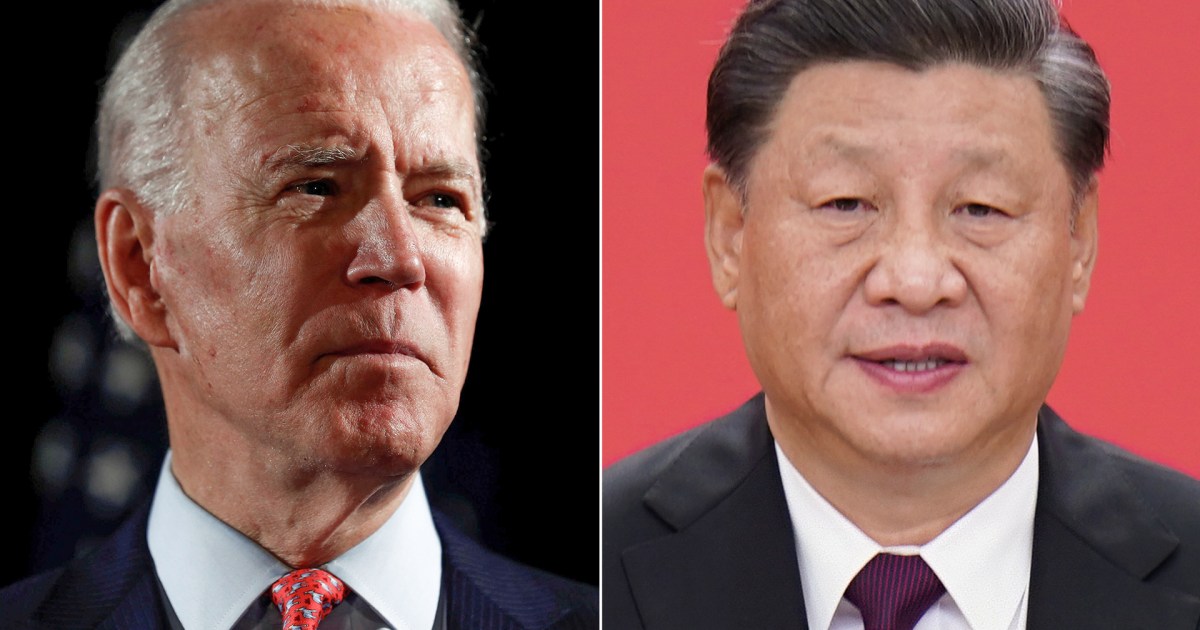In an article in Foreign Affairs, Dalia Dassa Kay, a fellow at the Oklahoma Berkele Center for International Relations, wrote that the administration of US President Joe Biden had made no secret of its desire to get the United States out of the Middle East when its Secretary of State, Anthony Blinken, said - in an interview before taking office - he envisions a Biden presidency to do "less, not more" in the region.
She said that the strategic competition between the United States and China currently dominates the discussion of American foreign policy, which represents a bipartisan consensus on the contrary, and the reality on the ground indicates otherwise;
That is, Washington still maintains a sprawling network of military bases and has demonstrated its willingness to embrace even its most nasty partners in the name of strengthening regional security.
What's more, regional dynamics are likely to lead to more instability and violence, fueling the demand for a continued US presence.
The writer commented that the United States is no longer the only global player in the Middle East - and that in this sense the American moment is over - that the American withdrawal from the East is not just a myth, because it prevents an important debate in Washington about how the United States can adjust its policy to improve the lives of the citizens of the region and contribute to a more just political system in the Middle East.
The Middle East has not been emptied of the United States, and the continued bipartisan focus in Washington on Iran will also work for the benefit of a large American military presence in the region.
And if the nuclear talks with Tehran collapse, it will be difficult for it to reduce its presence in the Middle East and shift its focus elsewhere.
She said that despite all the fears in Arab capitals about the decline of the American commitment to the Middle East, the American military participation shows more continuity than is recognized, including moving forward with the sale of weapons worth $ 23 billion to the UAE, and Biden's "re-evaluation" of relations. With Saudi Arabia also did not lead to a major change in policy.
The writer hinted that the Middle East has not been emptied of the United States, and that the continued focus of the two American parties on Iran will also work for the benefit of a large American military presence in the region.
She believed that if the nuclear talks with Tehran collapse, it will be difficult for the United States to reduce its presence in the Middle East and shift its focus elsewhere.
She added that with all these demands, the United States will not abandon the Middle East, and said that the best way forward is to use the opportunity to rebalance the region to reduce military commitments and increase economic and development assistance.
She concluded her article that the United States needs to refocus its attention and resources on challenges affecting the daily lives of people, and has an opportunity to do things differently to develop and implement a strategy for development and equity, rather than massive military investments, and in this way the United States and the Middle East will not separate, but Washington must Seize the opportunity to be part of the solution, not part of the problem.

